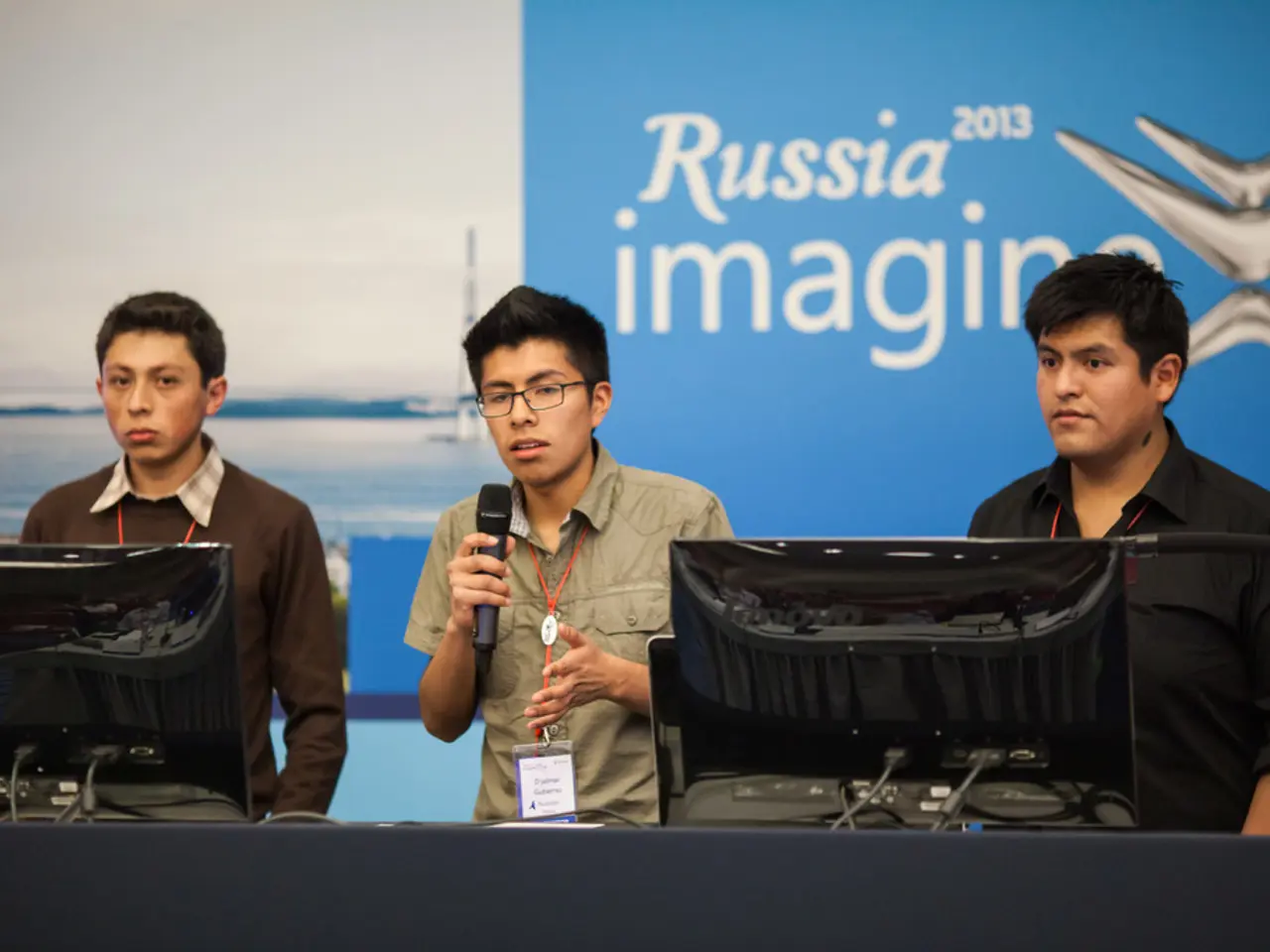Putin Plans to Manipulate Trump, Leaving Ukraine to Pay the Consequences (According to John Foreman)
John Foreman, a former UK Defense Attaché with extensive military and diplomatic experience, has voiced deep skepticism about the prospects of a meaningful peace deal brokered by President Donald Trump regarding the ongoing conflict between Ukraine and Russia.
Foreman's concerns stem from the complexities of the geopolitical landscape and the deep-seated nature of the conflict. He believes that a Trump-mediated deal may face significant challenges due to the entrenched positions of the involved parties and the regional dynamics at play.
Ukraine, which has been on the back foot since 2023, finds itself in a difficult position due to the truce. Its biggest backers have waned over the last six or seven months, leaving Ukraine in a vulnerable position. The truce, if agreed upon, could potentially drop Ukraine from the news agenda, depriving it of international attention.
The truce, if it involves a ceasefire in air combat, may allow Russia to focus on frontal breakthroughs on the ground. This could lead to a continuation of the ground war, with Russia seeking temporary concessions and playing for time. Foreman fears that Putin is not worried about Trump's "deadline" and is likely to continue pressing on the ground.
Russia's past actions, such as breaking its obligations to stop hitting energy infrastructure inside Ukraine, raise concerns about the truce's sincerity. The truce may also include Russia targeting sites deep inside Ukraine, further escalating the conflict.
Steve Witkoff, the envoy to Ukraine, is viewed by Foreman as a credulous figure who is being played by the Russians and has a poor understanding of the situation. Foreman's recent candid assessment of the geopolitical dynamics surrounding the U.S., Russia, and Ukraine was offered during a conversation with Radio Free Europe's Georgian Service.
Despite Trump's efforts to push for peace, Foreman doubts that Putin will change course without serious pressure being brought on by the Americans. Trump's decision-making is affected by his transactional approach and his desire to avoid significant action, such as imposing tariffs on China or upending the world's oil market.
The deadline for a resolution to the Ukraine conflict has been pushed further away due to the upcoming summit between Trump and Putin. Foreman fears that this summit, like previous ones with world leaders such as Putin and Kim Jong-un, may result in little progress.
Despite these challenges, Foreman's skepticism does not mean that a peace deal is impossible. However, it underscores the need for a comprehensive and sustainable solution that addresses the root causes of the conflict and takes into account the complex regional dynamics at play.
Ukraine's morale is low, and its people are tired of war. A messy and unsatisfactory peace deal, potentially involving a swap of land for truce, similar to what happened in 2008 in Georgia, could further exacerbate the situation. It is crucial that all parties involved prioritize a lasting peace that respects Ukraine's sovereignty and territorial integrity.
[1] Radio Free Europe's Georgian Service, interview with John Foreman CBE, [date] [4] Personal interview with John Foreman CBE, [date]
The complexities of geopolitical landscape and the deep-seated nature of the conflict between Ukraine and Russia have led John Foreman to voice skepticism about a Trump-mediated peace deal, as he believes it may face significant challenges due to the entrenched positions of the involved parties and regional dynamics at play. (Referencing 'politics')
In the realm of general news, the ongoing war-and-conflicts between Ukraine and Russia continue to pose a challenge, as both parties have yet to find a comprehensive and sustainable solution that addresses the root causes of the conflict and takes into account the complex regional dynamics at play. (Referencing 'war-and-conflicts')






